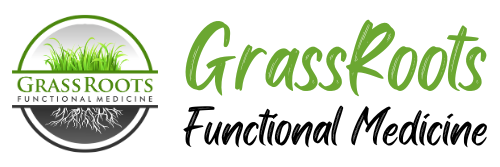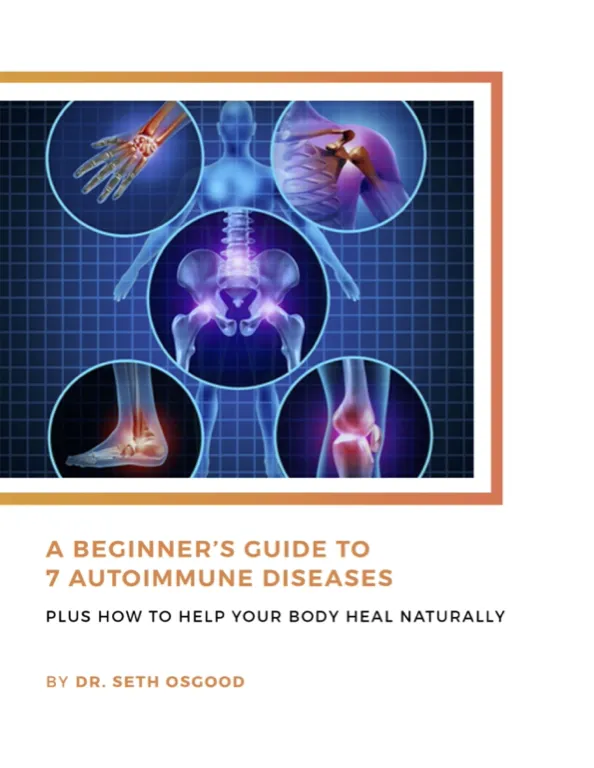April is National Stress Awareness Month! I know this is a serious topic, but the name makes me chuckle. I highly doubt you need to be made aware of stress. What we do need to think about is how it impacts our health and what we can do about it.
According to the American Institute for Stress, 77% of people experience stress that affects their physical health.
Additionally, 48% say stress has a negative impact on their personal and professional life.
And yet most people do not practice consistent stress relief! In my experience, it’s a lot like eating healthy. Everyone knows it’s important, very few people do it, but those who do see an enormous benefit.
My goal is to help you take action in improving your health. In honor of National Stress Awareness Month, here are 11 practical tips to relieve stress and why it’s so important.
Why Relieving Stress is Critical for Your Health
We all know stress can make us cranky, irritable, and tired, but it’s also a major contributor to chronic disease. I covered this in-depth in a recent article.
As a quick recap, relieving stress can help lower your risk for:
- Autoimmune disease
- Weight gain and obesity
- Thyroid dysfunction
- Gut imbalances
- Cognitive decline and memory loss
- Estrogen dominance and other hormone imbalances
- Diabetes
- Decreased immune function
- Chronic inflammation
- And more
11 Simple Ways to Relieve Stress
Here are a few practical tips to use next time you’re feeling overwhelmed or losing your cool.
1. Get Moving
Exercise releases endorphins, lowers cortisol, and is shown to increase emotional resilience. It also keeps you focused on the present and promotes better sleep. Honestly if you only pick one thing from this list, choose this one!
Exercises with repetitive movements, such as swimming, rowing, and walking or jogging can be particularly helpful for stress. Outdoor exercise is also shown to increase vitality and energy more than indoor exercise, so go for a walk, spend time gardening, ride your bike, or hit the trail if you can.
2. Smell a Calming Scent
Did you know that smell can help regulate your parasympathetic nervous system? Certain scents are shown to be calming, including lavender, lemon, chamomile, and jasmine. Keep these on hand as plants, tea, candles, or essential oils to smell when you’re feeling stressed.
3. Cut Back on Caffeine
I know, I know, this one can be tough but it is so effective! Consider switching to Dandelion Root Tea or replacing your caffeinated beverage with an anti-inflammatory smoothie or green juice. If giving up caffeine cold turkey is too intimidating, cut back slowly ½ a cup at a time.
4. Get a Massage
Massage therapy helps to decrease stress by lowering your heart rate, relaxing your muscles, and releasing endorphins. Certain types of massage, such as deep tissue or sports massages, can also relieve deep muscle pain and achy joints.
We offer massage therapy services to patients and non-patients in our New Hampshire clinic.
5. Meditate
Meditation is a powerful tool for relieving stress in the moment and over time because research shows it lowers cortisol and improves your emotional reactivity (how you respond to stress). If you’ve never meditated before, the apps Calm and Headspace have simple and short guided meditations you can follow.
6. Support Your Adrenals with Adaptogens
These are herbs that have been used for centuries to help the body adapt to internal and external stressors. They help replenish stress hormones when you’re burned out and decrease them when they’re elevated. The one I use in my clinic is called Adrenal Protect and contains a blend of ashwagandha, ginseng, holy basil, and Rhodiola.
7. Practice Deep Breathing
Deep breathing stimulates your vagus nerve, which helps modulate your parasympathetic response. I teach all of my patients the 4-7-8 breathing technique as a tool to minimize the impact of stress and let go of anxiety.
8. Use an Infrared Sauna
Infrared sauna therapy uses varying wavelengths of infrared light to penetrate deep into the body. It supports relaxation by helping to balance your body’s level of cortisol. The heat generated by the sauna also helps relax muscles and relieves tension and stress throughout your body.
To learn more about the health benefits of infrared saunas or book a session, check out this page.
9. Listen to Music
Research has shown that listening to music positively affects the psychobiological stress system by minimizing the stress response and speeding recovery after the stressor has passed. A 2017 research review also found listening to music helps relieve symptoms of depression.
For an added bonus, sing along to stimulate your vagus nerve.
10. Spend Time with Loved Ones
Sometimes we just need a break. Step away from your computer, put your phone in a drawer, and focus your attention on your kids or your partner. If you can’t see them in person, use FaceTime or give them a call! You’ll return to your to-do’s feeling recharged and better able to handle them.
11. Improve Your Sleep Hygiene
Sleep is important for regulating stress hormones and helping you better respond to internal and external stressors. However, 48% of people have difficulty falling asleep due to stress, according to the American Institute for Stress. To help your mind rest and reset overnight, set a consistent bedtime, begin winding down one hour prior by powering down your screens, and sleep in a cool dark room.
What’s your favorite way to relieve stress and how do you make sure it’s part of your regular routine?
About the Author: Dr. Seth Osgood is a Doctor of Nursing Practice, Board Certified Family Nurse Practitioner and Institute of Functional Medicine (IFM) Certified Practitioner. Dr. Osgood received his post-graduate training in Functional Medicine through the IFM and from working with Dr. Amy Myers. He has helped people from around the world improve their health utilizing a Functional Medicine approach.
Want to work with Dr. Osgood and the GrassRoots team? Become a patient in our West Lebanon, New Hampshire Functional Medicine clinic, our Burlington, Vermont Functional Medicine clinic, or our Austin, Texas Functional Medicine clinic!





